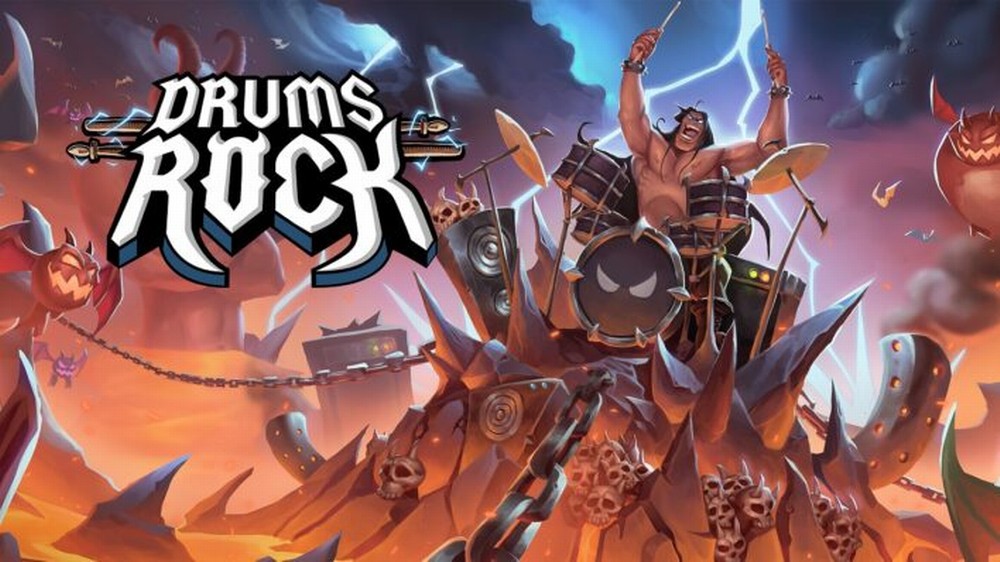It’s hard to believe that it’s been close to 20 years since Shenmue released, and not far off that for the sequel, which released in 2001. It’s also difficult to imagine, especially for younger gamers, how groundbreaking the first game was, with its relatively open-world and NPCs who all responded to your approaches, as well as an accurate day-night cycle and characters who operated on a schedule that corresponded to the time of day. Playing both games in 2018, it’s clear to see that they’ve aged, and mechanics that were once novel are now antiquated, but with Shenmue 3 on the distant horizon, now is as good a time as any to catch up with Ryo Hazuki’s story so far.
The Shenmue series is/was envisioned as a single story, so it’s not too surprising that playing both games back-to-back feels more like a direct continuation than a jarring leap from one game to another. The first game deals with the death of Ryo Hazuki’s father, and Ryo’s search for both the killer and the reason behind the murder. Without trying to get into spoilers, the second game sees Ryo travel to Hong Kong, still on the trail of his father, but without the support network that makes the first game feel so grounded. There are definite gameplay improvements from Shenmue to Shenmue 2, especially in terms of player friendliness, but the gameplay loop remains largely the same, being a mixture of conversation and fighting.
The vast majority of your time in both Shenmue games is spent exploring the environment and speaking to locals, usually with an investigative bent, as you attempt to gain information about a certain topic. This often results in you being given a particular character to speak to or a particular place to go, often with a specific time to go with it. Initially, in the first game at least, this adds greatly to the authenticity of the game, as it makes sense for a character to visit a certain location only at a particular time of day, rather than spending their entire existence idly standing there waiting for a player-controlled character to come by.
Eventually, though, this waiting becomes a chore, especially during sections of the game where you’re asked to wait almost an entire day to met someone, and then immediately asked to wait another day to meet someone else. There isn’t much to do with your downtime in Shenmue, and the fact that you’re artificially being held back from advancing the story feels a little cheap, and it’s understandable that this section presents a major roadblock for a lot of players. This problem is resolved in Shenmue 2, thankfully, by an option to wait until a particular time, and the ability to return to what you were doing the previous day, once your mandatory activities are completed. For a number of reasons, Shenmue 2 is a great example of developers listening to what fans didn’t enjoy about a previous game, and incorporating changes to make the game more user friendly.
Despite this, I found that I enjoyed the first Shenmue more than the second, mainly because it felt like a more contained and personal experience. Shenmue 2 tries to up the ante, both in terms of story and location, and I felt that this damaged the experience somewhat, and made Ryo’s story in the second game feel more piecemeal and rushed. The overarching story of Shenmue is divided into chapters, and while the first game only covers the first chapter of Ryo’s tale, the second game moves through chapters two, three and four, with a different location for each, and I couldn’t help but feel like I couldn’t grow attached to anything like I did with the first game. The central area of Dobuita in the first Shenmue begins to feel like your hometown, as you explore every nook and cranny of it, while the locations in Shenmue 2 feel a little like anonymous moving backdrops as you rush through the story.
While neither game presents an experience with a particularly fast pace, there are definite sections of both games that feel like padding, and in both cases this seems to come towards the last third of the story. For the first game, the forklift driving sections start enjoyably, but soon start to drag, especially once you realize they only really exist to hold you back from progressing the narrative. In the second game, there’s a tailing section, followed by lengthy QTEs, in a part of the game with reasonably punishing checkpoints. You spend a good part of the game feeling as if the developers couldn’t really think of anything for you to do at this point, and just put brief sections of control in to prevent the game from featuring Metal Gear Solid length cutscenes.
I feel like I’ve been overly negative on both games so far, so it may be surprising to hear that I actually got a lot of enjoyment from playing both Shenmue and Shenmue 2. A lot of the issues with both games come from the time that they were released, and are mainly a mixture of the limitations of the hardware that they were released on, and the fact that a lot of what the games attempt to do hadn’t been done before. The Shenmue series was truly groundbreaking for the time, and a lot of the experience still holds up today. Wandering around, asking questions and finding answers is still as enjoyable as ever, and the sense of satisfaction when you finally find someone who has a lead for you is immense. You spend so much time in certain locations, especially in the first game, that you begin to know the residents of the area to the point that when a new problem crops up requiring an answer, you’ll likely have a good idea of who the best person to ask to solve your problem would be.
There are definite technical issues that go some way towards revealing the true age of both games, and the fact that neither title is running on its native hardware. A major example of this is with the audio in the first game, with dialogue sounding like it’s being run off of a gramophone. The voice-acting and writing in general is pretty poor, and it isn’t helped by the fact that most characters look largely emotionless, with their faces remaining unchanged during even the most dramatic of exchanges. It gives the game a feeling of a cheap soap opera, and makes sequences that are supposed to pack an emotional punch come off as almost humorous. Visually, both games look surprisingly good for their age, though I experienced a number of glitches, such as cutscenes loading at weird camera angles, and Ryo loading into a angled first-person view that I couldn’t get out of multiple times. A particular area in the second half of Shenmue 2 looks particularly rough as well, almost as if it’s been loaded from an uncompleted area from a beta test.
Though they’re definitely not for everyone, I was surprised by how well both Shenmue games held up when compared to modern titles. There are aspects that will test your patience to breaking point, and sections of the game that will make you question whether you’re actually enjoying yourself, but both titles possess a level of charm that is very rarely matched elsewhere. When Shenmue gets something right, it gets it really right, and there’s a reason why so many games have built themselves off of a similar template, and why Shenmue fans are still so passionate about the series, when there hasn’t been a new title in close to twenty years.
If you’re at all interested in the series, or you’ve been curious about why people enjoy it so much, you owe it to yourself to pick up these two games, especially when both come bundled at such a reasonable price point. So long as you come in with a certain amount of patience, and the ability to forgive certain elements that show their age, then you’re likely to have a great time with both games, and you’ll see why the Shenmue series is still so highly regarded by many gamers.











